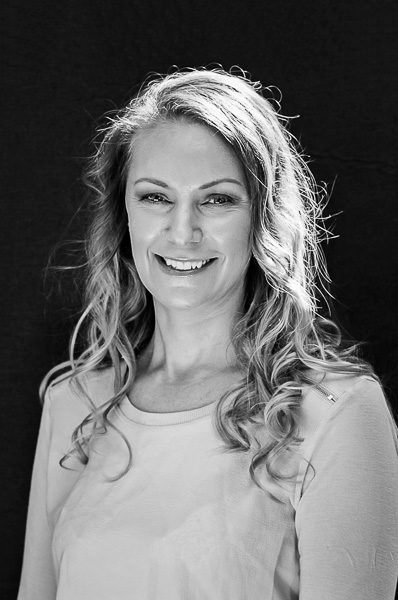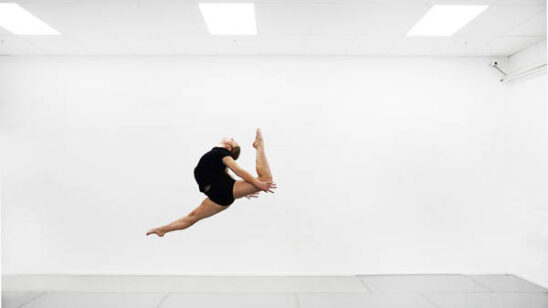
Editor’s Perspective: 18 July 2019
“In most cases, suicide is a solitary event and yet it has often far-reaching repercussions for many others. It is rather like throwing a stone into a pond; the ripples spread and spread.” – Alison Wertheimer

There’s a poignant saying that ‘what doesn’t kill you makes you stronger’ and, while it was likely penned to provide encouragement for those grappling with the challenges of a difficult experience, it is not necessarily accurate in its sentiments. Because, as we know, we all process feelings quite differently. For some, grief really does have the power to make them stronger, for others, it has the ability to break them.
Depression has long been a taboo subject in New Zealand; something which is discussed behind cupped hands in the lunchroom, if it is even discussed at all. Well-known New Zealanders such as Mike King, Oscar Kightley, John Kirwan and Jay-Jay Feeney have all lent their names and their profiles to getting mental health into the public consciousness. But for every high-profile New Zealander to propel the discussion into the public sphere, there has been one that has been lost. Greg Boyed, Charlotte Dawson, Sophia Hawthorne and Pua Magasiva, to name just a few.
There was a record 668 deaths in the 2017/18 year. That’s 668 too many. Not talking about it hasn’t done us any favours. So, let’s talk about it. Let’s shine the spotlight on mental health, depression and suicide. As a society we must do everything we can to recognise the signs of depression and learn how to best support those who are suffering. We owe it to each and every one of them.




